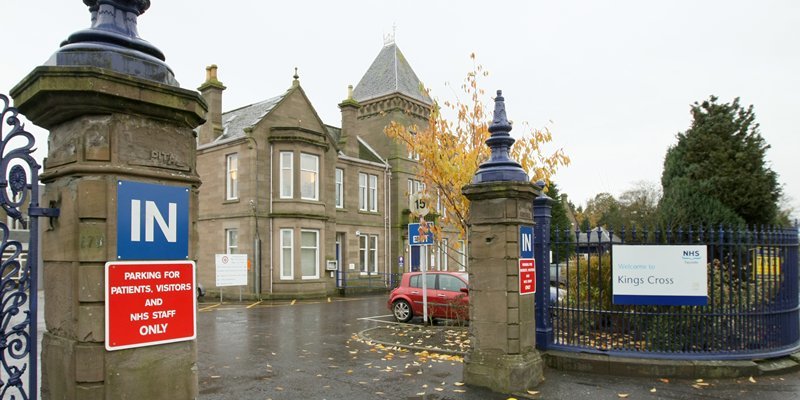Fewer than one in five NHS Tayside workers completed a national staff survey, health bosses have been told.
The authority’s new chief executive Gerry Marr described the national survey as “flawed” and doubted whether it would be repeated in the same format.
Staff representative John Boland said, “Staff don’t think it’s relative to them.”
Every NHS worker in Scotland was invited to participate in the survey, which asked questions about how they were treated in the workplace, training, health and safety and other issues.
However the low level of response triggered concerns in Tayside about the relevance and appropriateness of acting on the findings.
Of those who did fill out the survey, 7% said they had experienced physical violence during the last 12 months while working for NHS Tayside.
A further 33% said that they experienced emotional or verbal abuse.
Five per cent of those who said they had experienced physical violence, emotional or verbal abuse claimed the abuse came from a manager or team leader.
Of those saying they experienced abuse in the last 12 months, 17% said they experienced more than 10 separate incidents.’No scope for free text’Nearly half of those who said they experienced violence or emotional or verbal abuse said they did not report the incidents.
Nearly half gave their reason as feeling “nothing would happen.”
At Tuesday’s meeting of NHS Tayside’s staff governance committee at King’s Cross Hospital in Dundee, the health authority’s associate director of workforce Janice Torbet said the previous national survey was attached to payslips.
The 2010 survey was not and, while there were some paper copies made available for staff to fill out, the “emphasis” was on answering electronically.
She said answers were of the “tick box” variety and there was “no scope for free text.”
In addition, some people were concerned about the anonymity of the survey when sent by email.
Committee member John Angus highlighted the flawed nature of the survey when he suggested 36% of respondents stating they had no induction when they started their job was “quite high.”
Mr Marr said he did not want to commit “people, time, effort and money” to a list of actions to address a “flawed” survey.
